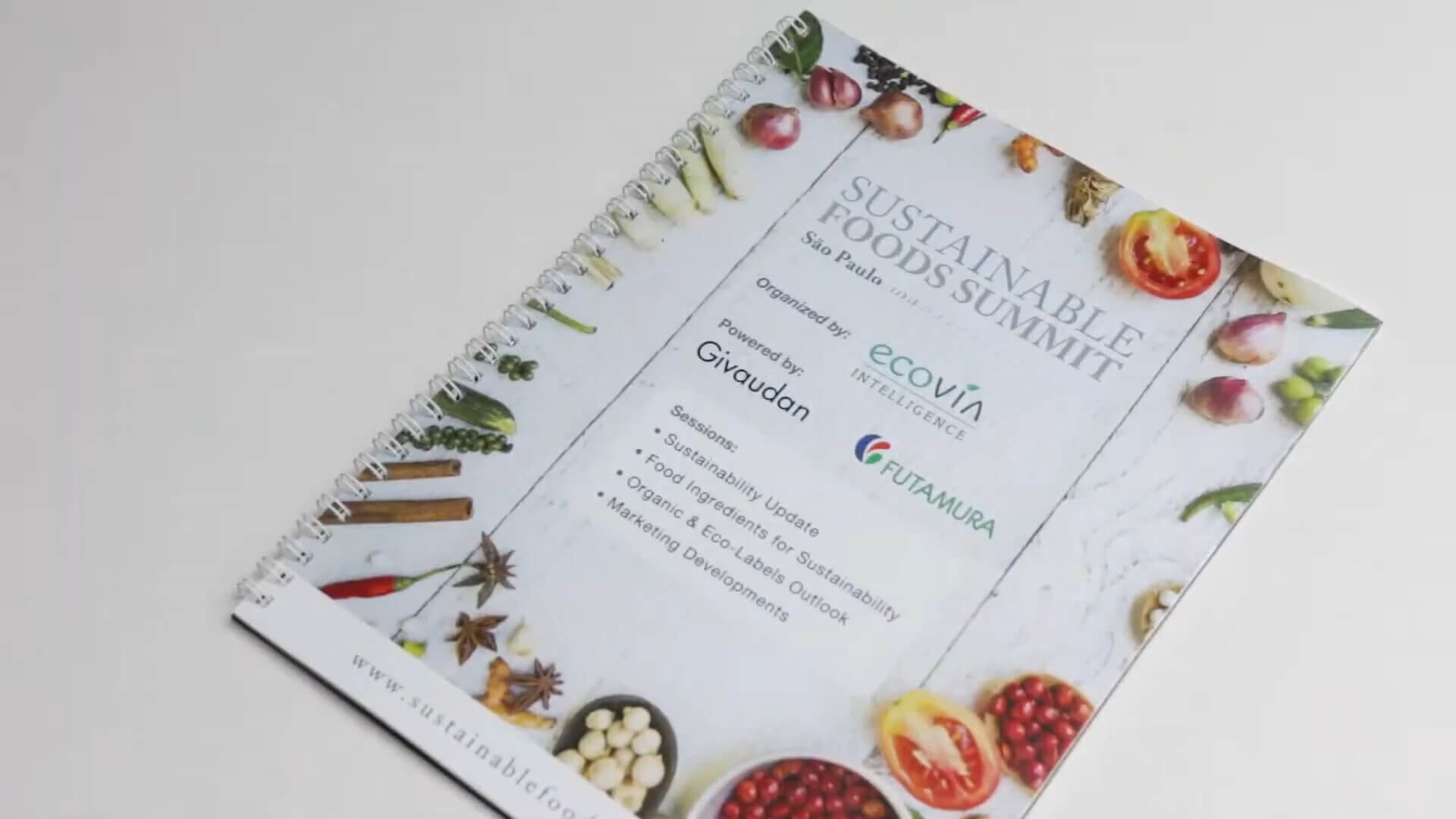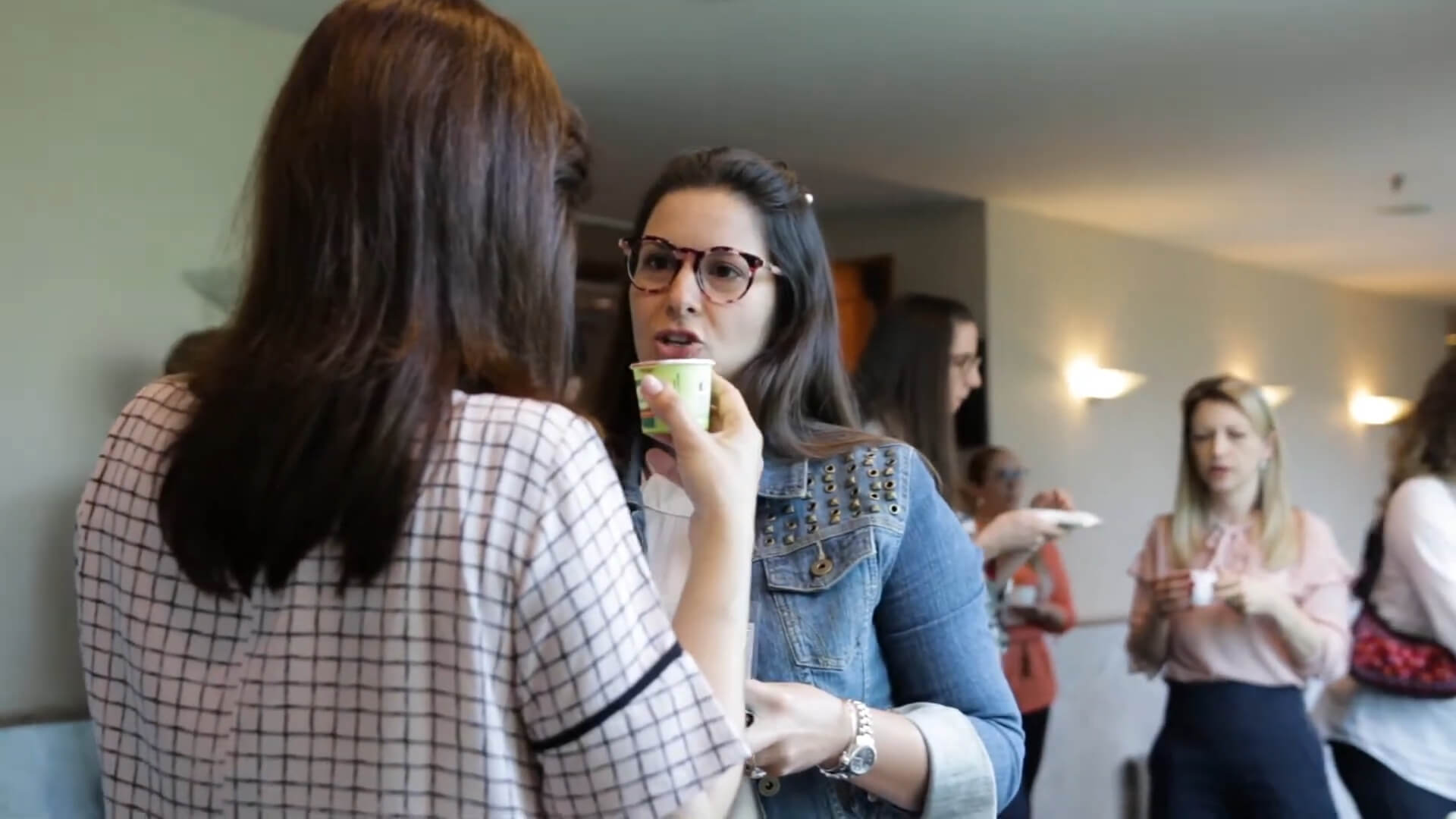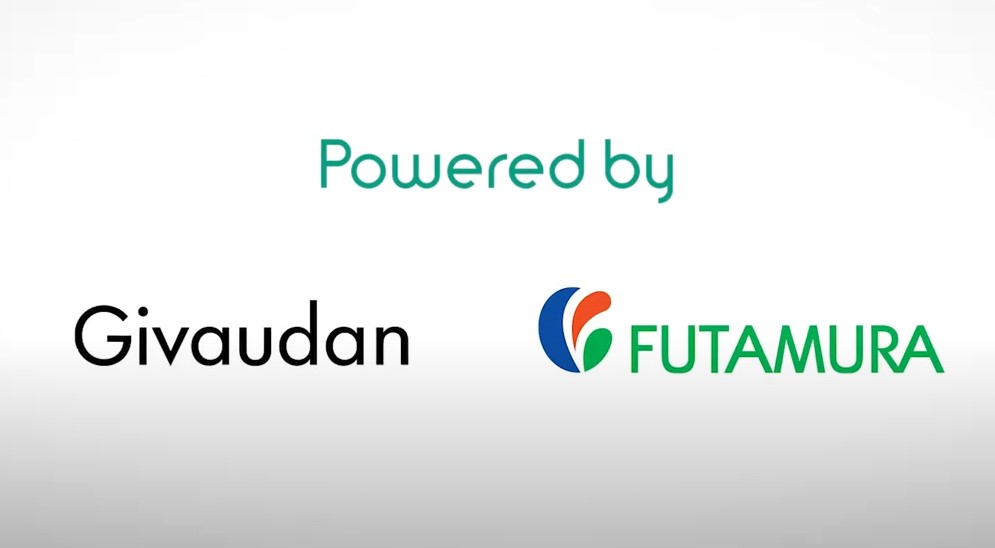
The Sustainable Foods Summit Brazil 2025 will take place on November 27–28 in São Paulo, gathering industry leaders to focus on practical sustainability strategies across Latin America.
Organized by Ecovia Intelligence, the summit will cover topics such as regenerative agriculture, green packaging, and ingredient traceability.
Attendees will explore solutions like plant-based foods, upcycled ingredients, and deforestation-free supply chains.
More details are available on the official Sustainable Foods Summit website.
| Event Name | Sustainable Foods Summit Brazil 2025 |
| Date | November 27-28, 2025 |
| Location | São Paulo, Brazil |
| Organizer | Ecovia Intelligence |
| Main Topics |
|
| Audience | Industry leaders, policymakers, food professionals, and sustainability advocates |
| Previous Editions | Hosted in regions such as Europe, North America, and Asia-Pacific |
| Registration | Visit the Official Website |
Overview of the Summit
The summit is designed to address sustainability through expert presentations, interactive panels, and focused networking. Attendees can expect insights into:
- Regenerative agriculture methods restore ecosystems and support efficient food production.
- Eco-friendly packaging that reduces waste and supports recyclability goals.
- Innovative plant-based solutions that reduce environmental impact and meet consumer demand.
- Blockchain integration for ingredient traceability and supply chain transparency.
Event Objectives
- Educate stakeholders on sustainable practices and advanced technologies.
- Promote collaboration among companies, researchers, and governments on green food systems.
- Highlight regional challenges like deforestation with real solutions.
São Paulo is not only the largest city in southern America but also a hub for food innovation and sustainability efforts. That is the reason why they chose this city for this event.
Who Will Be Attending?
Although the official attendee list has not been disclosed, prior editions included:
- CEOs and Executives: Food industry leaders responsible for setting sustainability policies.
- Sustainability Officers: Specialists in environmental governance and operational compliance.
- Researchers and Academics: Experts in agricultural science, climate studies, and supply chain resilience.
- Entrepreneurs and Innovators: Founders developing green packaging, plant-based products, and clean tech.
For instance, the North American edition featured Aaron Schaller of Melibio and Alona Rivord from the Rainforest Alliance.
Key Topics and Themes

Regenerative Agriculture
Brazil’s ABC Plan improved sustainability on over 52 million hectares, cutting emissions and enhancing biodiversity.
Methods include no-till farming, forest replanting, and recovery of degraded pastures.
Apresentação dos resultados – Projeto ABC Cerrado. Em 5 anos, 7.800 produtores rurais foram beneficiados c/capacitação em 4 tecnologias de baixa emissão de carbono: integração Lavoura-Pecuária-Floresta, sistema Plantio Direto, recuperação de Pastagens Degradadas e Florestas Plantadas pic.twitter.com/el34XMJWzR
— Tereza Cristina (@TerezaCrisMS) November 6, 2019
Read more about soil health and water efficiency in Brazilian regenerative projects.
UNEP highlights Brazil’s food waste crisis and how upcycling food waste into value-added products is helping solve both environmental and economic problems.
Green Packaging and Circular Economy
Brazil leads the world in can recycling with a 97% rate. New packaging formats such as compostable film and cellulose-based wraps are expanding industry options.
At #COP26, Brazil is highlighted as the world leader in recycling of aluminum cans. Each year, more than 400 thousand tons of the material are recycled. pic.twitter.com/EHnSe2DzzO
— Government of Brazil (@govbrazil) November 9, 2021
Plant-Based Foods and Sustainable Proteins
The plant-based food market in Brazil has grown over 20% annually. JBS and BRF are key players investing in meatless protein lines and milk substitutes.
Insect and cell-based proteins are now entering early-stage retail.
- Explore protein alternatives recommended by BHF.
Deforestation-Free Supply Chains
The Soy Moratorium cut deforestation in the Amazon biome by 86%. Companies are scaling similar voluntary agreements for sustainable sourcing.
Blockchain for Ingredient Traceability
Watch how blockchain enhances food supply chains
Ingredient traceability and fraud prevention have become central to food integrity. Brazil’s tech ecosystem, bolstered by tools like the BRL1 Stablecoin, shows national support for integrating secure verification platforms.
More About Main Sponsors of the Event – Givaudan and Futamura

Givaudan is a leader in flavor and sensory solutions, supporting sustainability through innovations in clean-label food development.
Futamura, through products like NatureFlex™ and Cellophane™, delivers compostable films that replace single-use plastics.
Final Thoughts
The Sustainable Foods Summit Brazil 2025 comes at a turning point for food policy and sustainability in Latin America.
The program targets systemic challenges and delivers technology-focused solutions to help industry leaders make real progress.
As climate pressure grows, this event will serve as a collaborative space to transform policy, logistics, and consumer impact.
Read Next: International Coffee Week Brazil
References
- Ecovia Intelligence
- Sustainable Foods Summit
- ABC Plan Brazil
- UNEP on Food Waste
- Brazil Can Recycling
- GFI Plant-Based Research
- Climate Action Amazon Report
- Givaudan Official
- Futamura Group
- BRL1 Stablecoin
















